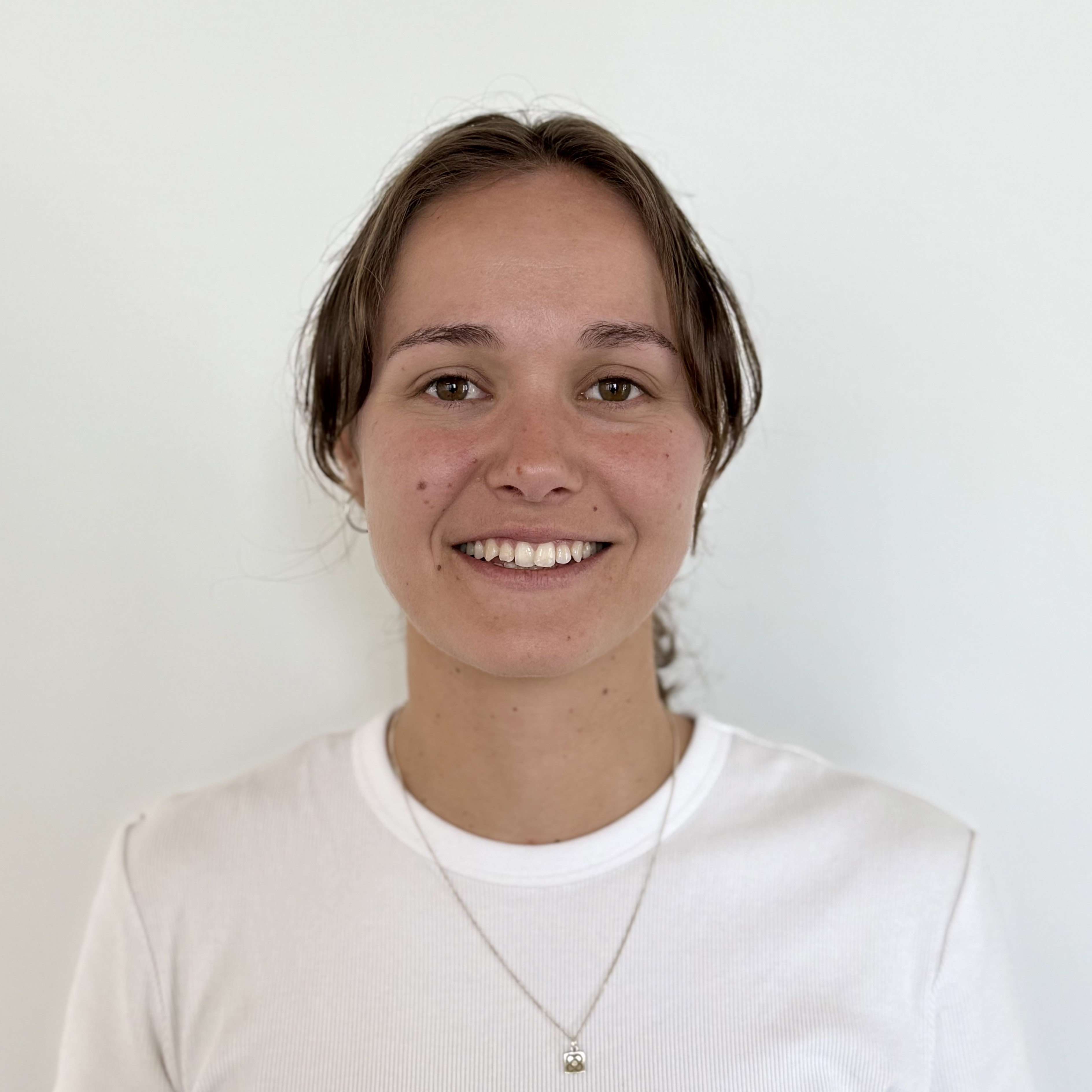DC-1: Mercedes Belda Ley

Contact
E-mail: mbele@kt.dtu.dk
💼 LinkedIn 🆔ORCID 🌐Web of Science
Project
Advanced sensitivity analysis and comprehensive validation methodology to improve credibility of QRAs studies in chemical process industries
Host Organization
DTU
Supervisors
Prof. Gürkan Sin (Main, DTU); Prof. Elsa Pastor (co-supervisor, UPC)
Objectives
Overall project objective: to advance the rigor and reliability of QRA studies For this purpose, these further objectives are also drawn:
- To develop a valid methodology to apply Monte Carlo (MC) methods to study uncertainty propagation in QRA studies
- To determine the input parameters with higher contribution to the risk estimates variability (most critical assumptions) through sensitivity analysis
- To identify data gaps (e.g. QRA databases) and compare it to current QRA standards and procedures
- To application to several relevant case studies
Project Description
Process safety is a field that focuses on reducing the harmful impacts of hazardous substances used in chemical and industrial processes can cause on people, the environment, and economic interests. Despite improvements in methods and regulations since its emergence during the 20th century, industrial accidents continue to occur.
In this context, Quantitative Risk Assessment (QRA) stands as a key process safety tool for evaluating risks in engineering operations. The hight complexity of the methodology requires experts to make informed decisions throughout its multiple steps. Different countries and regions may use different guidelines and regulations to perform QRA studies, and even safety practitioners often reach different conclusions when assessing the same risks. These inconsistencies have led to questioning whether QRA results are sufficiently reliable to make appropriate decisions based on them.
This research project aims to enhance the accuracy and dependability of QRA studies to to support risk management and decision‐making based on more dependable and uncertainty‐aware risk estimates. The research will use uncertainty and sensitivity analyses to understand how QRA input uncertainties affects the results uncertainty, i.e., variability and identify which assumptions and inputs are most significantly impacting the risk estimates obtained. A tailored methodology using Monte Carlo methods will be developed for this purpose. The identification of data gaps and improvement needs in existing QRA databases will also be a key aspect of this work.
The study will examine various high-risk industries, ranging from traditional sectors like urea production to emerging fields like new energy vectors. These case studies will help prove the suitability of the uncertainty and sensitivity analyses QRA-specific methodology while highlighting any differences in how QRA applies across industries. Finally, the research findings will be evaluated against current QRA standards to develop practical guidelines that promote more consistent QRA results.
Relevant Background
- B.Sc.: Bachelor’s Degree in Chemical Engineering, Universitat Politècnica de València, 2016-2020
- M.Sc.: Master’s Degree in Chemical Engineering - Smart Chemical Factories, Universitat Politècnica de Catalunya, 2021-2023
- Research assistant: Universitat Politècnica de Catalunya, 2023-2024. Contribution to the development of ML models for QRA. Prediction of safety distances in toxic dispersion scenarios: scenario database conceptualization and population, sensitivity analysis of key parameters.
Publications
- Papadaki, A., Belda, M., Bramato, S., Agueda, A., & Planas, E. (2024). Comparison of Machine Learning Models for Prediction of Safety Distances in Toxic Dispersion Scenarios. Chemical Engineering Transactions, 111, 187-192. https://doi.org/10.3303/CET24111032